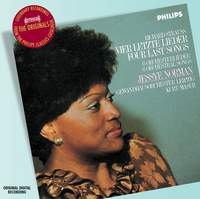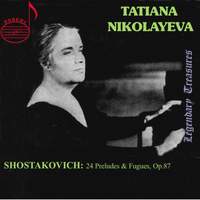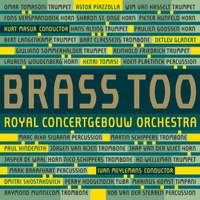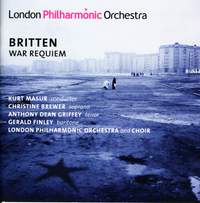
Kurt Masur (Conductor)
Born: 18th July 1927, Brieg, Lower Silesia, Weimar Republic
Died: 19th December 2015, Greenwich, Connecticut, U.S.
Nationality: German
Born on 18th July in what was then Lower Silesia, Masur received his musical education in Leipzig, where he became Kapellmeister in 1970 following early positions in Berlin and Dresden. and remained there for the next quarter of a century.
Browse: Kurt Masur
Further Reading: Kurt Masur
Obituary,
Kurt Masur (1927-2015)
19th December 2015
The German conductor (particularly famed for his interpretations of German Romantic repertoire) has died aged 88.
Recent Best Sellers: Kurt Masur
-
RecommendedCD: $10.00Download from $8.25
-
2 CDs: $13.50Download from Original price ($10.50) Reduced price $7.50
-
2 CDs: Original price ($33.75) Reduced price $27.00Download from Original price ($25.75) Reduced price $20.00
-
3 CDs: $9.25Download from $10.00
-
SACD: $16.00Download from $10.00
-
2 CDs: Original price ($20.50) Reduced price $15.25Download from $15.00
New Releases: Kurt Masur
-
40 CDs: $113.75
-
Download from $20.00
-
Download from $10.00
-
View all new releases












